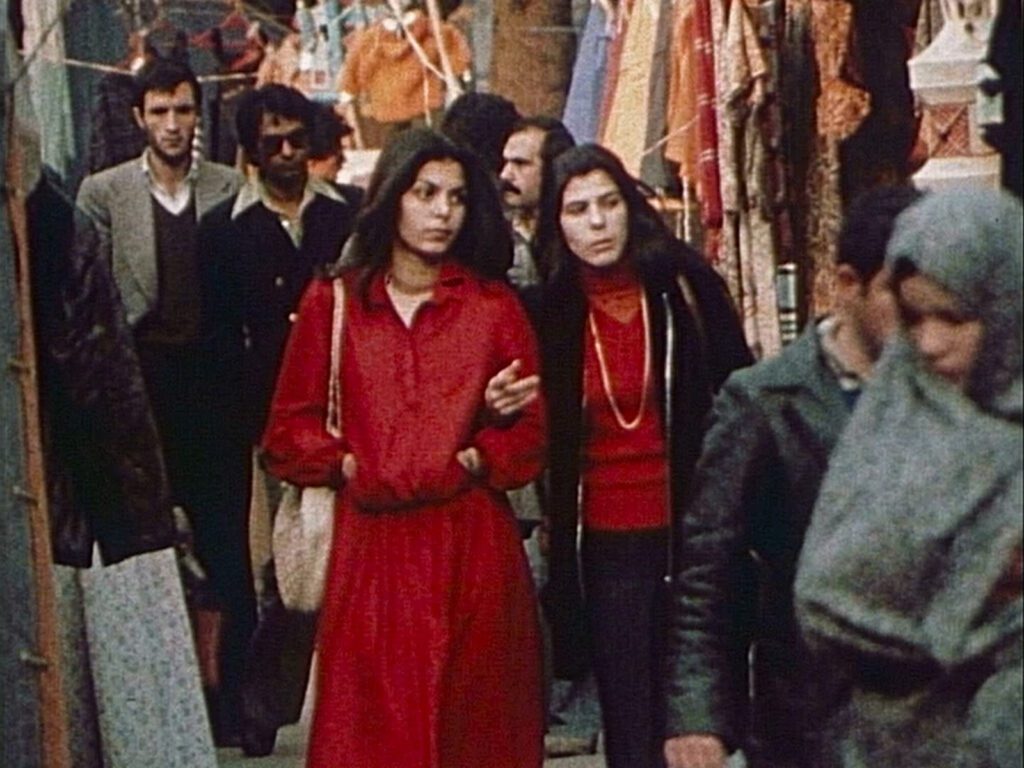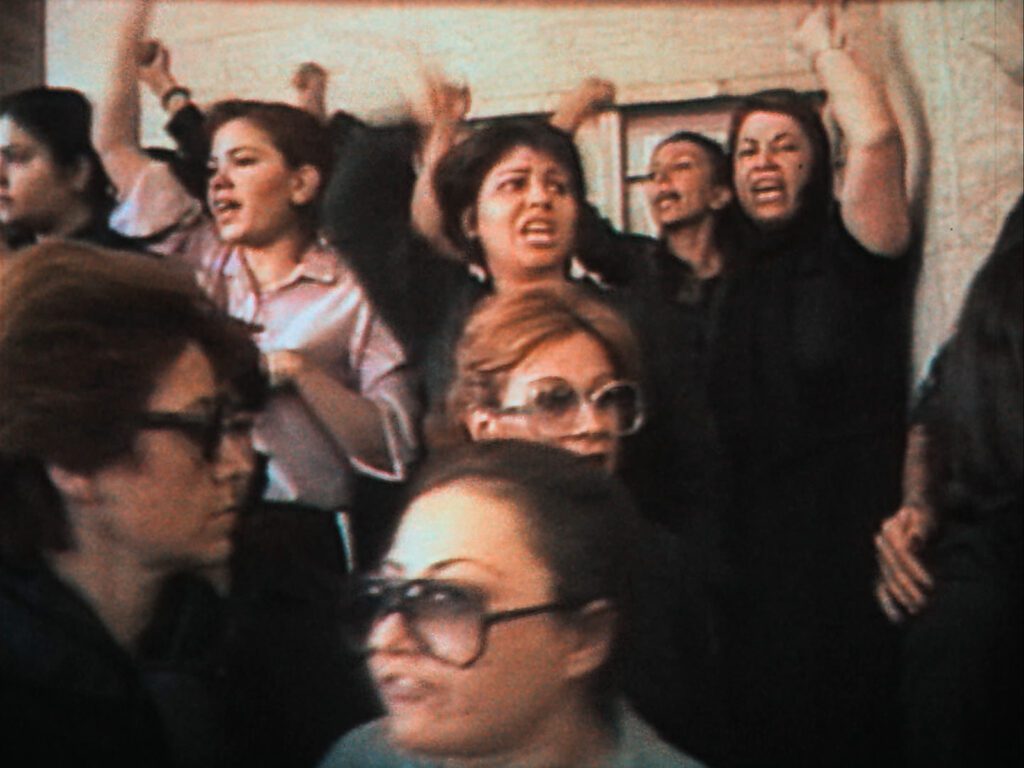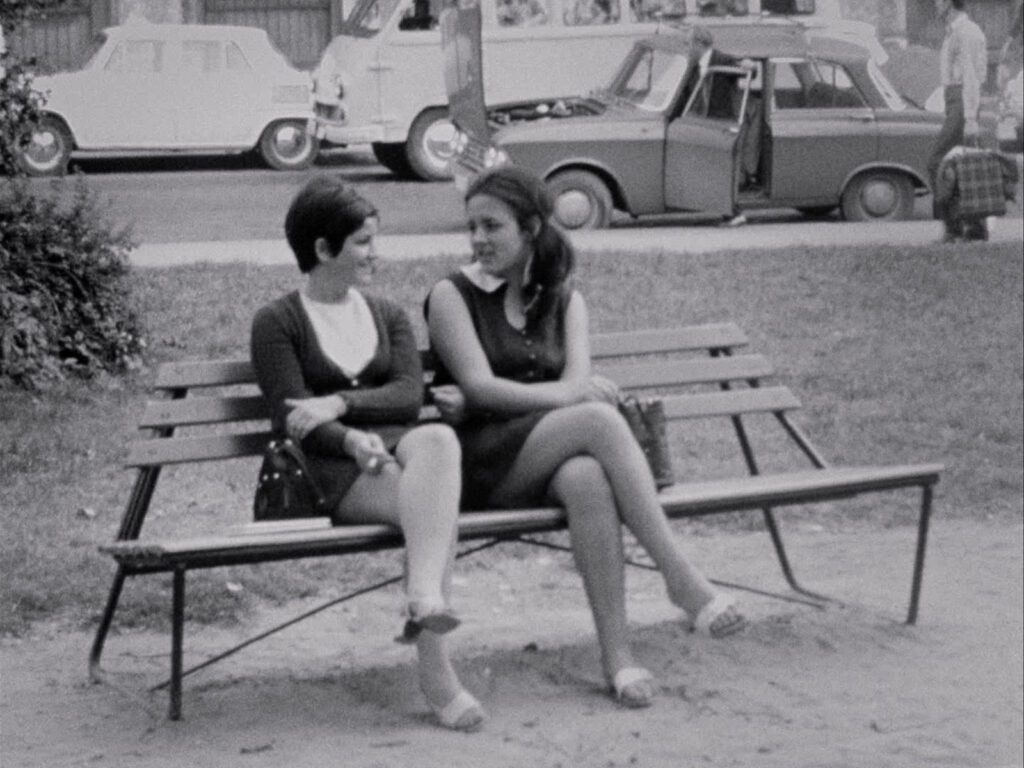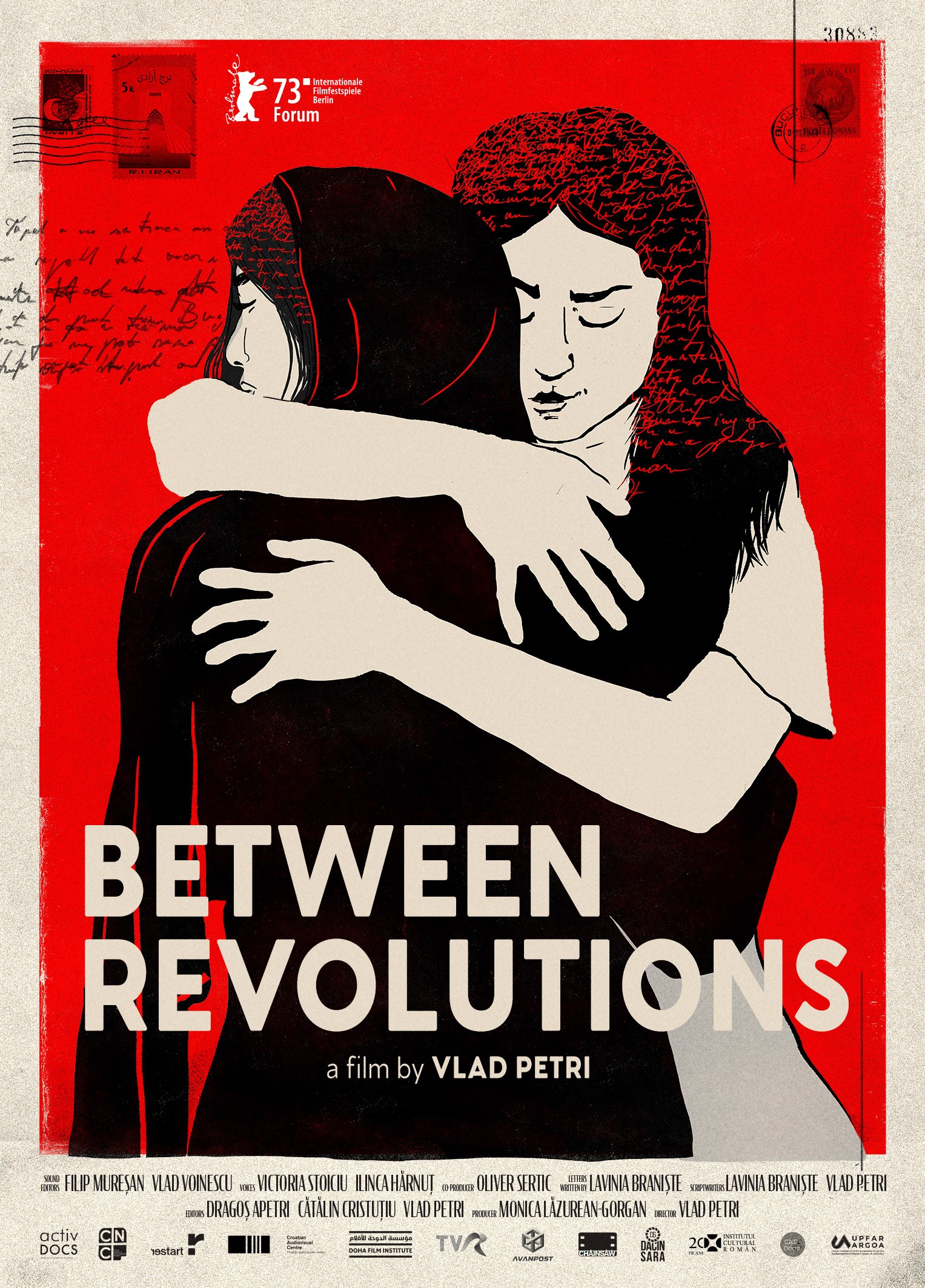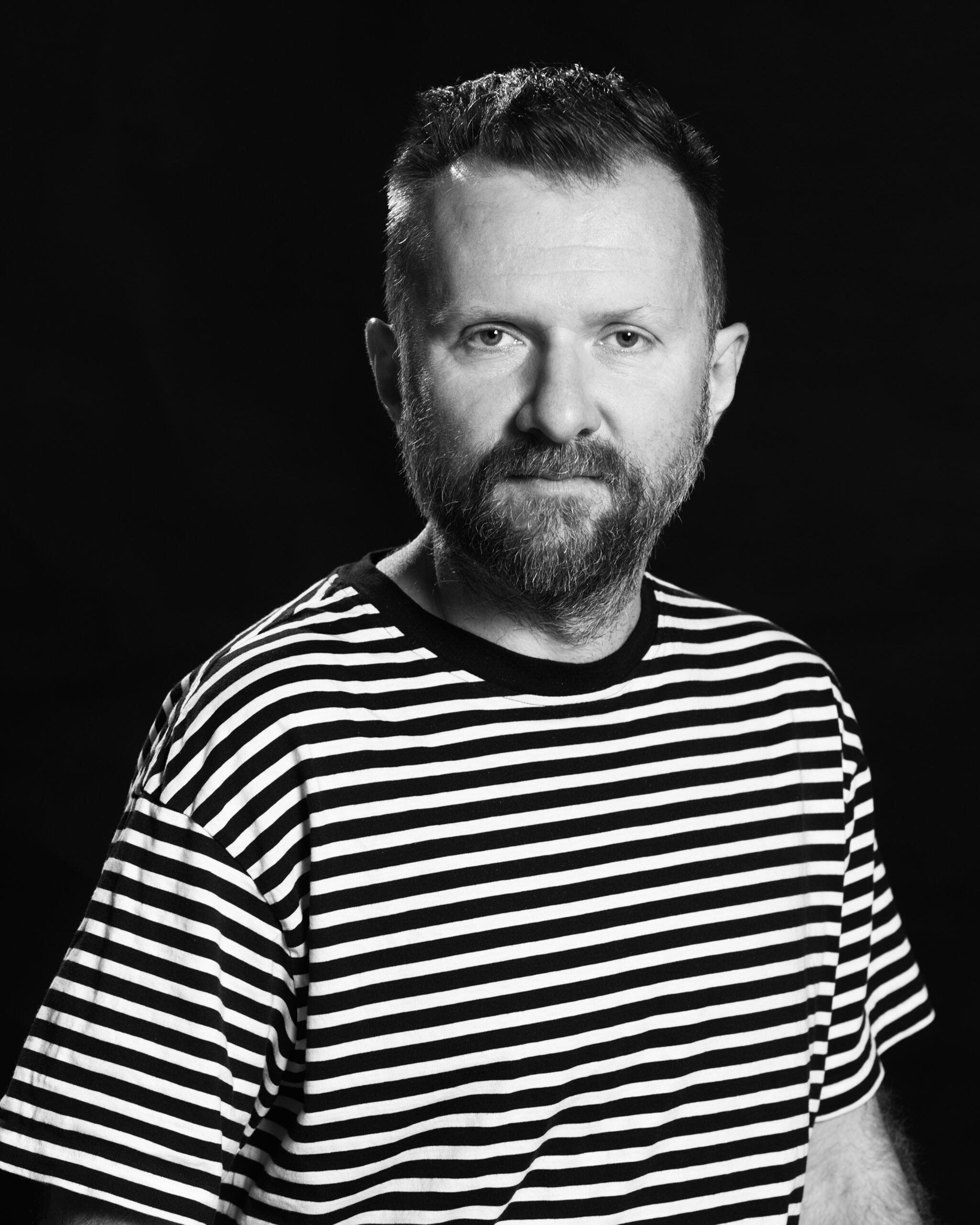导演:弗拉德·彼得里
编剧:拉维尼亚·布兰尼斯特
主演:维多利亚·斯托伊丘、伊林卡·哈特钠
制片人:Monica Lăzurean-Gorgan
摄影:无
类型:纪录长片
时长:70分钟
完成时间:2023
对白语言:罗马尼亚语、波斯语
地区:罗马尼亚、克罗地亚、卡塔尔、伊朗
制片公司:Activ Docs
Director: Vlad Petri
Screenwriter: Lavinia Braniște
Cast: Victoria Stoiciu, Ilinca Hărnuț
Producer: Monica Lăzurean-Gorgan
Cinematographer: None
Genre: Documentary
Length: 70min
Year: 2023
Dialogue: Romanian, Farsi
Region: Romania, Croatia, Qatar, Iran
Production Company: Activ Docs
故事梗概 Synopsis
扎哈和玛丽亚是大学同学,她们在1970年代的布加勒斯特结下了深厚的情谊。但是即将爆发的伊朗政变使得扎哈不得不抛下玛丽亚独自一人回到了家乡。在接下来的10年间,她们通过书信保持着联系,把她们作为女性为自己发声的斗争,以及各自国家走向分裂的变迁像编年史一样地记录了下来。即使存在着距离和障碍,她们对彼此的渴望始终强烈。
In 1970s Bucharest, Zahra and Maria form a deep friendship while studying at university. As political turmoil brews in Iran, Zahra is forced to return home, leaving Maria behind. Over the next decade, they maintained their connection through a series of letters, chronicling their struggles as women fighting for a voice and their respective countries moving in divergent directions. Despite the distance and obstacles, their longing for each other remains strong.
导演介绍 Director’s Biography
弗拉德·彼得里是一位关注政治和社会议题的导演,常常将个人影像资料和官方档案混合使用,兼具纪录片和虚构故事风格。他的影片在国际各大影展展映,并多次获奖。作品包括长片《革命之间》《23年后再革命》以及短片《同一个梦》《从我眼前经过的鹿》。
Vlad Petri is a director interested in political and social subjects, often mixing personal images with official archives. His films, at the border between documentary and fiction, have been shown and won awards at international festivals. His selected filmography includes: Between Revolutions (2023, feature), The Same Dream (2021, short), The Deer Passed in Front of Me (2020, short), and Where Are You Bucharest? (2014, feature).
导演阐述 Director’s Statement
对我而言《革命之间》是一部讲述“最近”的电影。这个“最近”指代的是“刚刚被我们经历过的过去”,它一次又一次地跟当下的现实产生回响。这部影片通过主观的女性历史视角,展现两个国家和社会的变迁:虽然两个国家有着不同的政治系统,伊斯兰教的和共产主义的,但是他们的人民最终都慢慢地被意识形态国家机器所粉碎。本片在一定程度上也呼应了伊朗当下的历史事件:女性再一次为自己的权益而斗争,就像1979年时一样。她们此时此刻的呼喊——即使在影片里没有被展现出来,也表达出了扎哈和玛丽亚的诉求“女性,生命,自由”。
For me BETWEEN REVOLUTIONS is a film about a recent past, which reverberates very strongly with the immediate, current reality. It is a film that presents a subjective, feminine history of two countries and societies that experimented with different political systems, an Islamic and Communist one, in which people were gradually crushed by the repressive political apparatus. It is a film that resonates with the recent events in Iran, where women are fighting again for their rights, just as they did in 1979. Their cry now, even if not present in the film, expresses what Zahra and Maria also want: “Zan, Zendegi, Azadi!” – “Woman, Life, Freedom!”
